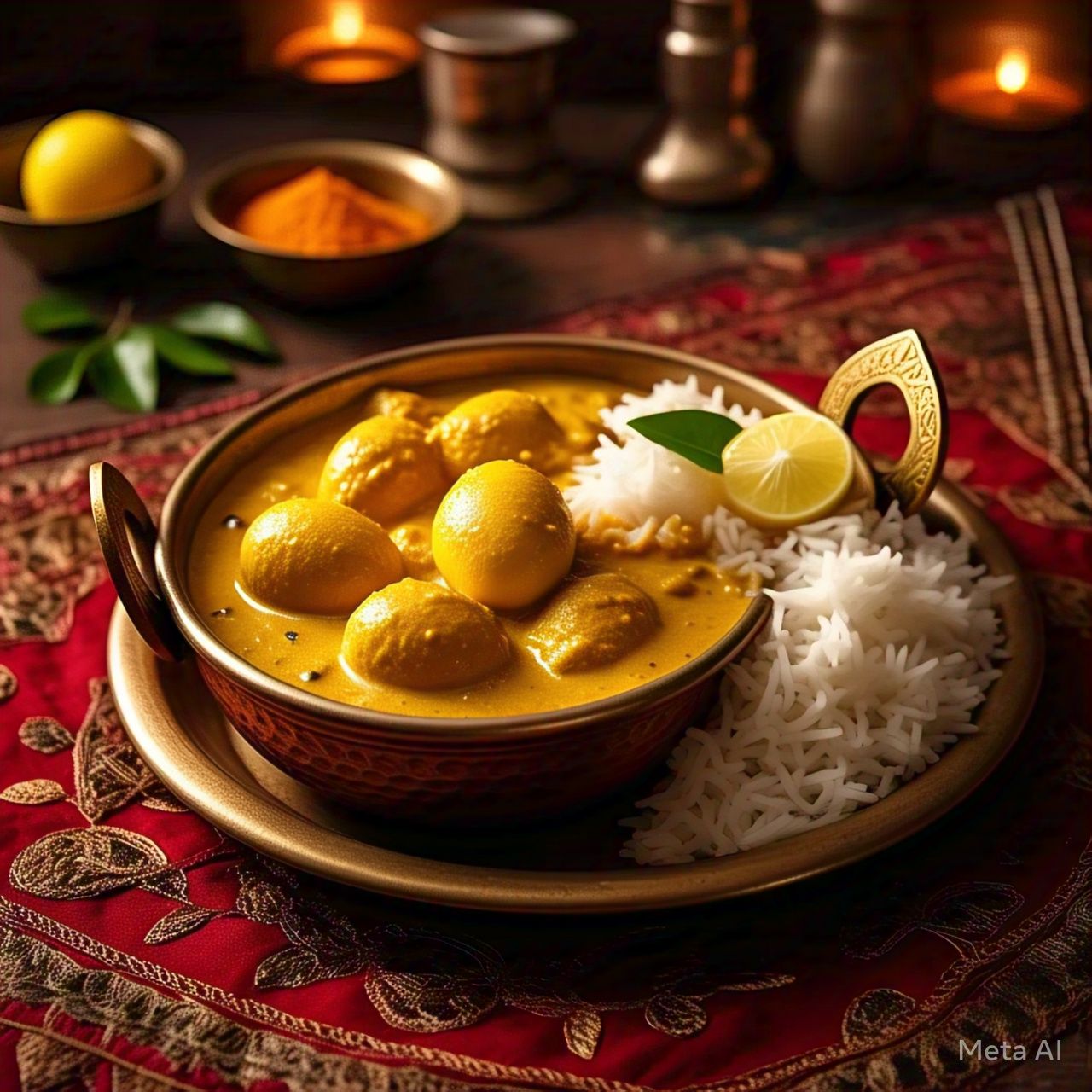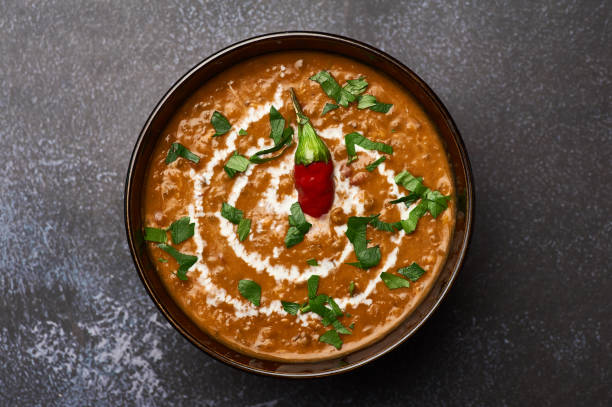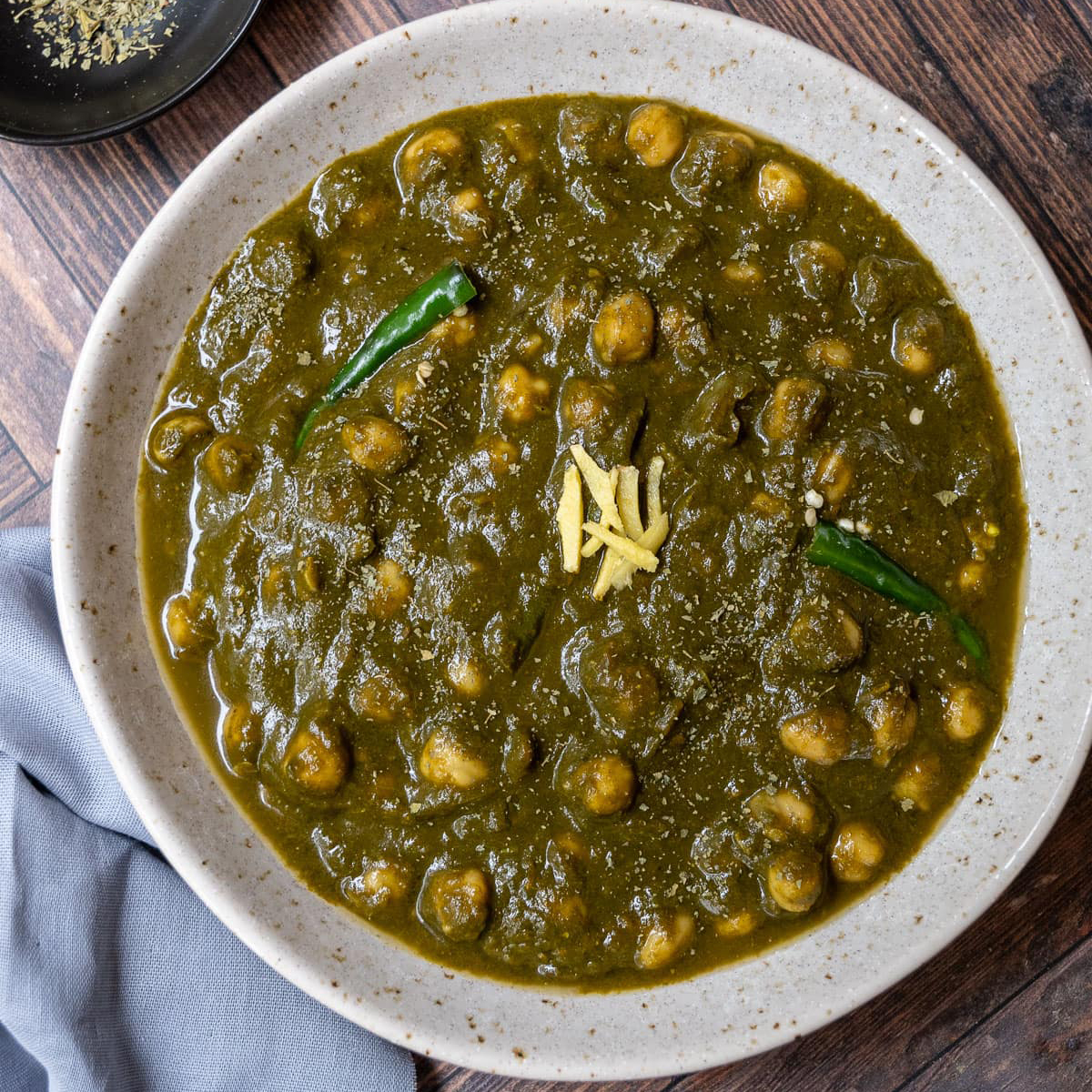Description
Punjabi Kadi Pakoda is a traditional, hearty, and flavorful dish from the Punjabi region of India, known for its comforting and rich texture. It consists of two main components: the kadi (a tangy, spiced yogurt-based gravy) and the pakodas (fried fritters made from gram flour, also called besan). The dish is often served with steamed rice or Indian bread, making it a staple comfort food in many Punjabi households.
Here’s a detailed description:
Appearance:
- Kadi: The kadi is a golden-yellow, thick, and slightly creamy gravy, often garnished with fresh coriander leaves and sometimes fried onions or ginger juliennes. The color comes from the turmeric and the yogurt, which also contributes to its smooth and creamy texture.
- Pakodas: The pakodas are deep-fried fritters, usually golden brown and crispy on the outside, while remaining soft and fluffy on the inside. They may vary in size but are typically round or oval-shaped.
- The combination of the smooth, tangy kadi and crispy, soft pakodas gives the dish a striking contrast in textures.
Flavor:
- Kadi: The kadi has a delightful balance of tanginess from yogurt, earthiness from besan (gram flour), and warmth from spices like turmeric, cumin, mustard seeds, and fenugreek. It is typically mildly spiced, with a slight hint of sourness, and can be adjusted to taste by adding more or less chili powder.
- Pakodas: The pakodas are savory and flavorful, with a crisp outer layer that provides a contrast to the soft, spiced interior. They are made using besan (gram flour), along with seasonings like cumin, ajwain (carom seeds), and coriander powder.
Texture:
- The texture of the kadi is smooth, thick, and creamy due to the yogurt and besan. The tanginess of the yogurt pairs perfectly with the thickness of the gram flour.
- The pakodas are crispy on the outside and soft on the inside, having absorbed some of the kadi gravy when served. This makes for an indulgent bite, with contrasting textures that complement each other beautifully.






Reviews
There are no reviews yet.